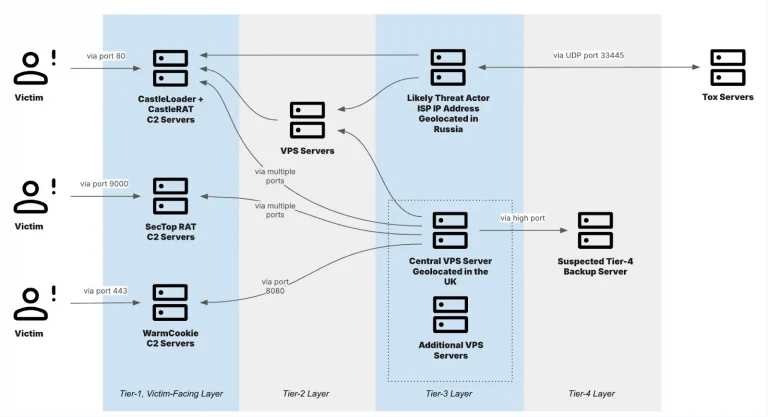
Google has introduced a new requirement for developers of cryptocurrency exchange and wallet applications, mandating that they obtain official government licenses prior to publication. The company explains that this initiative is intended to foster a secure and legally compliant ecosystem. These rules apply to Bahrain, Canada, Hong Kong, Indonesia, Israel, Japan, the Philippines, South Africa, South Korea, Switzerland, Thailand, the UAE, the United Kingdom, the United States, and the European Union. Notably, they do not extend to non-custodial wallets.
From now on, developers must hold a valid license or registration with supervisory authorities—such as the UK’s FCA, the US FinCEN, or as a crypto-asset service provider under the EU’s MiCA regulation. If the target country is not on the list, publication remains permissible; however, Google expects developers to monitor evolving local legislation and secure additional authorizations where required.
Within the App Content section, developers will need to specify whether their application functions as an exchange or software wallet, and, upon request, provide evidence of compliance with regulations in particular jurisdictions. Lacking the necessary documentation obliges developers to withdraw the app from distribution in the affected regions.
Google’s statement comes shortly after an FBI warning regarding the rise of cryptocurrency-related fraud, particularly schemes that masquerade as the “recovery of stolen funds.” Criminals pose as attorneys from fictitious law firms, contacting victims via social media and messaging apps while claiming to have received their details from the FBI, the Consumer Financial Protection Bureau, or other agencies. Once trust is gained, they offer assistance in “recovering” stolen assets, only to defraud victims a second time.
Between February 2023 and February 2024, victims of such repeat scams reported losses exceeding $9.9 million. Warning signs highlighted by the FBI include forged government and legal credentials, references to non-existent organizations, requests for payment in cryptocurrency or gift cards, knowledge of previous transactions, assertions of inclusion on fabricated government victim lists, referrals to sham “crypto recovery firms,” mentions of foreign banks with demands to open accounts, redirection to group chats under the guise of “safety,” and the inability to present authentic licenses or official documents.
The FBI advises exercising extreme caution when dealing with unsolicited approaches, particularly when the individual has not reported any crime to law enforcement. Its recommendations include verifying identities via video calls, requesting official documentation, and confirming employment with government bodies or law enforcement agencies for anyone making such claims.




